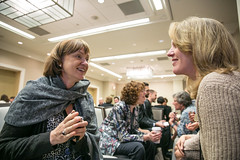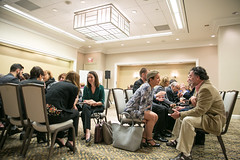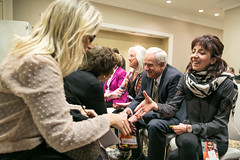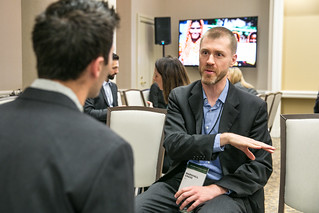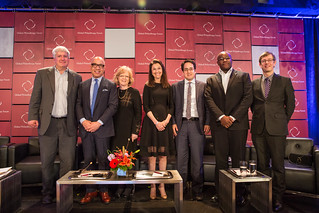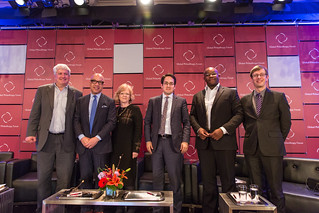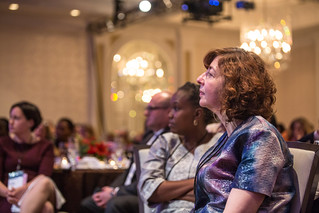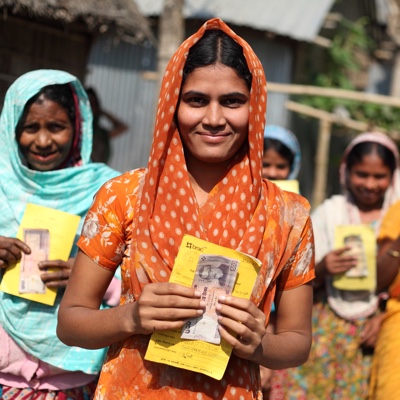
Disruptors and Decision Makers: It Takes Us All
• Washington D.C.,
This year’s Conference will focus on global challenges where business, philanthropy and government have clear positive roles to play — both separately and collectively. Program tracks, teed up by plenary panels and analyzed deeply during Working Group sessions will consider methods for combating large-scale social problems — from cleaning up supply chains, to strengthening health systems, to mobilizing private capital flows for development. And chronic and acute challenges, such as modern-day slavery, disease outbreaks and extreme weather events, will be studied so as to understand the ways in which business, government and philanthropic prevention and response strategies can be applied and potentially combined.
Throughout the Conference, the unique pressures on and requirements of each sector will be acknowledged, as will the need for communication and coordination among them. But most importantly, all of the conversations will begin with the assumption that regardless of one’s profession, positions of authority or source of expertise, each individual can play a role — and that role may be one of disruptor, decision maker or both.
Videos
2015 GPF – Day 1 Highlights

2015 GPF – Day 1 Highlights

Disruptors and Decision Makers: It Takes Us All

Global Trends, Risks and Rewards — Where Are We Now, Where Are We Going?

Coming Together to Support Communities in Times of Crisis

Harnessing the Power of Invention

A Competition Between Systems: Good Governance or Corruption
Agenda
SUPPORTING COMMUNITIES IN TIMES OF CRISIS
Fragile social, economic and governing systems can be overwhelmed in the face of such crises as natural disasters, disease outbreaks or violent conflicts. As Hurricane Katrina demonstrated, even in wealthy countries, endemic poverty magnifies the danger, exacerbates its effects, complicates the response and increases the suffering. This track will showcase the roles that each sector can play in reventing, preparing for and responding to crises. It is during times of disruption that cross-sector communication and collaboration becomes truly imperative.
LEVERAGING MARKET SYSTEMS FOR GOOD: TRANSFORMING GLOBAL SUPPLY CHAINS AND PROTECTING THOSE WITHIN
Before a product is purchased by consumers, it most likely has gone through an extensive sequence of producers, manufacturers, distributors and retailers that are often located in remote parts of the world. The increasing complexity of global operations requires new strategies and systems for ensuring the safety and wellbeing of each employee. The plenary and Working Group sessions in this track will feature strategies for cleaning up supply chains, greening production and protecting and empowering employees and suppliers at all levels.
MOBILIZING RESOURCES: PRIVATE CAPITAL FLOWS FOR DEVELOPMENT
Private capital flows play an important role in fueling growth in emerging markets in Asia, Africa and the Americas as capital seeks opportunity. Whether that growth is broad-based will be a function of the ways in which these investments are crafted, their structure and purposes, as well as the policies governments adopt. This track will examine strategies for harnessing private capital — including both debt and equity investments — to development goals. Potential public-private partnerships aimed at fostering inclusive development will be explored. Participants will also discuss the importance of providing capital at all levels, including to small-scale producers — artisans, miners, small-holder farmers, among others — at or near the bottom of the economic ladder. And they will examine ways to accelerate economic inclusion by providing financial tools to the 2.5 billion people who currently lack access to such services.
BUILDING CAPACITY: STRENGTHENING HEALTH SYSTEMS
Disease outbreaks and transmission, such as the spread of Ebola in West Africa, and other health challenges exemplify the need for strong and resilient health systems — from physical facilities, to well-trained healthcare providers, to societal trust. In the plenary and Working Group sessions that follow in this track, participants will learn of inventive tools that can be employed, partnerships that can be formed and methods that can and cannot be transferred from one setting to another. Innovations and opportunities will be revealed in the areas of communicable and non-communicable diseases, maternal and infant health and early childhood development.
Featured Speakers

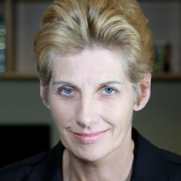

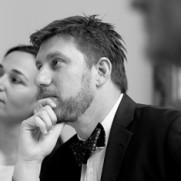
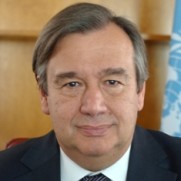
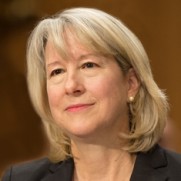
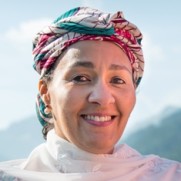
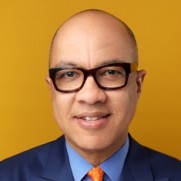
Location
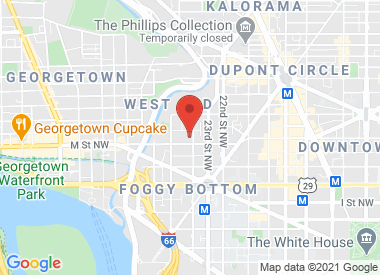
2401 M St NW,
Washington D.C., 20037
Photos

